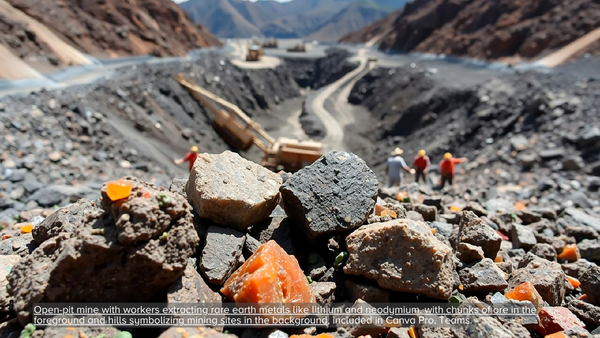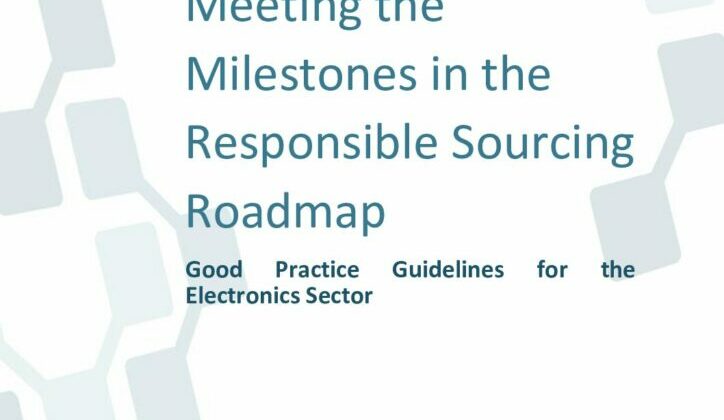In response to growing concerns over the design of smartphones and their short lifetime – of just 2 years – a group of NGOs across Europe have launched a campaign to demand for more sustainable tech.
Smartphone sales have been increasing, with over 7 billion being produced since 2007 according to Greenpeace. This growing demand is putting pressure on finite raw materials used in smartphones – the supply of precious minerals such as magnesium, cobalt and tungsten is already critical.
Critical raw materials in electronic devices are wasted
The increasing demand for smartphones is also linked to environmental and human health risks throughout the supply chain – from mineral sourcing, manufacturing and disposal of e-waste. This includes pollution of the soil, water and air, as well as human rights and labour concerns, loss of biodiversity, and loss of critical raw materials in landfills.
Despite these problems, electronics manufacturers are criticised for purposefully – and legally – shortening the lifespan of smartphones and encouraging consumers to buy more. Common strategies and reasons that consumers replace there smartphones include, fragile screens, degrading battery life, reducing performance and software updates, as well as a lack of replacement parts.
However, campaigners and customers are beginning to push back against these practices. The ‘coolproducts‘ campaign – a group of environmental NGOs and stakeholders – recently sent an open letter to Jean-Claude Juncker of the European Commission, urging for smartphone eco-design requirements.
Read the full article here.










